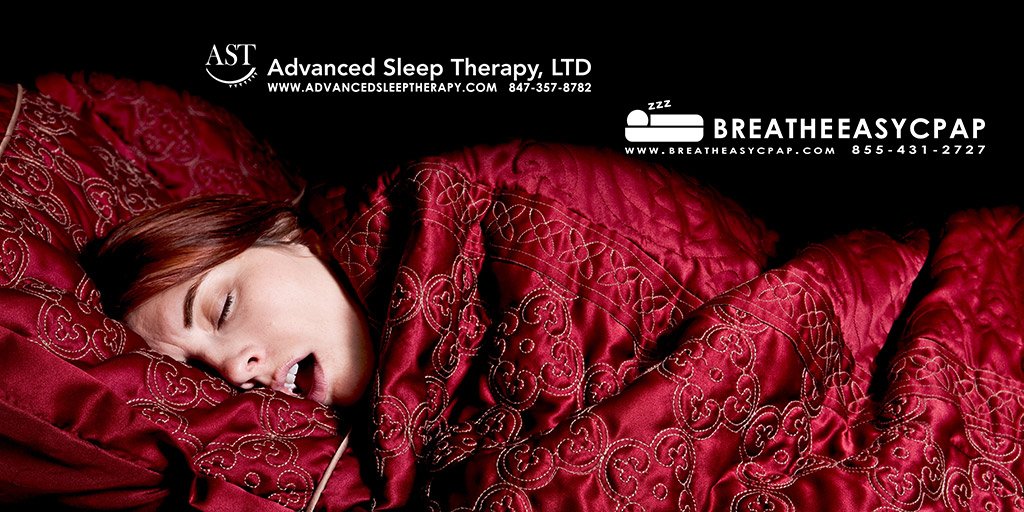Exactly what is Sleep Apnea?
Is your medical professional having a difficult time treating your high blood pressure? If you responded to “yes” to this, then you might have Sleep Apnea (likewise called Obstructive Sleep Apnea or OSA).
Sleep Apnea is a condition involving decreases or pauses in breathing during sleep. It is normally due to air passage collapse. On an inhalation, the airway walls can either totally collapse or substantially narrow.
Patients with sleep apnea can wake-up more than 30 times an hour and believe that they slept undisturbed through the night. Considering that sleep should be consolidated and constant in order to be restorative, a number of cognitive problems can happen with sleep fragmentation: daytime sleepiness, memory issues, concentration troubles, psychological instability, irritability, slowed response time, and most importantly, an increased threat of motor vehicle accidents.
There are also cardiovascular repercussions of this constant “struggling to breathe.” This puts a strain on the heart and blood vessels, causing an increased risk of high blood pressure, heart problem, and stroke.
There are social ramifications to Sleep Apnea. The snoring related to sleep apnea can interrupt the sleep of others. One study revealed that when a person deals with his/her sleep apnea, the sleep partner gets the equivalent of one hour more sleep per night. Can you imagine?
Sleep apnea is a progressive disease and frequently worsens with age. Weight gain, alcohol, and other sedating/relaxing compounds intensify it.
Who Gets Sleep Apnea?
A common misconception is that only obese people that snore loudly have sleep apnea, however, the truths are:
1) Sleep apnea can happen without snoring
2) Thin individuals can have sleep apnea
3) Skinny individuals can have sleep apnea
4) Children can have sleep apnea
In other words, anyone can have it.
I Think I Might Have Sleep Apnea, How Do I Find Out If I Have It?
Make an appointment with your primary care physician, or if your insurance permits it, go straight to a sleep expert. If your physician thinks you may have sleep apnea, then he/she can refer you for a sleep study or thorough sleep assessment.
How Is Sleep Apnea Treated?
There are four main classifications of treatment for sleep apnea: Continuous Positive Airway Pressure (CPAP), Surgery, Oral Appliances, and Behavioral Modification.
The most effective method to deal with sleep apnea is with CPAP. This is the most efficient method to treat sleep apnea, and all clients detected with sleep apnea need to at least try it before thinking about other alternatives.
The Dream Team at Advanced Sleep Therapy consists of a team of Respiratory Practitioners, as well as an RN Nurse Clinician who will assist you in starting out with the proper CPAP treatment equipment right in the comfort of your home and then provide ongoing monitoring to your Doctor. Advanced Sleep Therapy located in Arlington Heights has been serving Chicagoland for over fourteen years. Their knowledge and experience in CPAP machines, CPAP humidifiers, CPAP masks, CPAP headgear and all cleaning and CPAP accessories is outstanding, which is what makes them JCAHO Gold Seal Certified providers.
Don’t have insurance? No worries, you can always order online from our sister company http://breatheeasycpap.com. Breathe Easy CPAP is proud to offer a complete line of CPAP machines, CPAP humidifiers, CPAP masks, CPAP headgear and all cleaning and CPAP accessories
Surgical treatment can be an efficient way to deal with sleep apnea. A variety of various procedures can be performed. These range from nasal septum repair work to jaw restoration. Speak with your medical professional about whether surgical treatment is the right choice for you.
An oral appliance is a device made by a dentist or an orthodontist designed to pull your lower jaw forward. By pulling your lower jaw forward, the tongue retreats from the back of the throat. This can be a reliable method to treat your sleep apnea if your respiratory tract blockage is occurring behind the tongue. The treatment of sleep apnea with oral device ought to be a coordinated effort in between the sleep doctor, the dentist/orthodontist, and the client.
Behavioral modifications can help in the treatment of sleep apnea but are typically the least efficient. These include such techniques as weight loss, sleeping on your side, and avoiding alcohol prior to bedtime.
None of these treatment options are perfect, however, they all can be helpful in dealing with sleep apnea and resulting in more relaxing sleep. If you believe you have sleep apnea, contact your doctor today.

